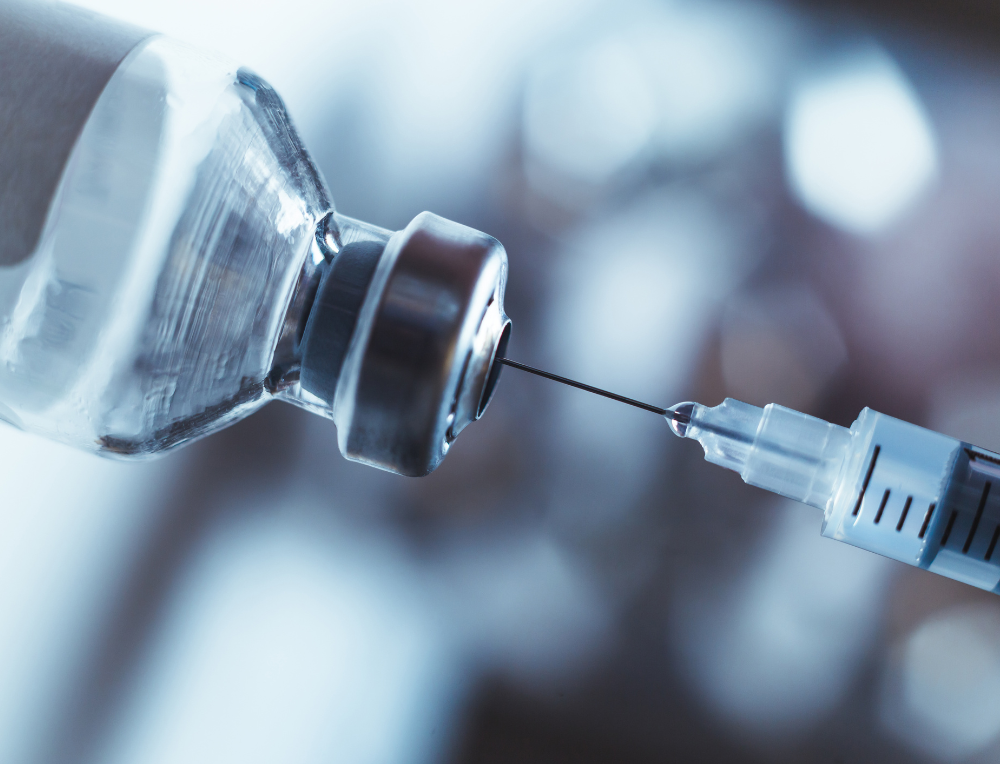Overcoming Barriers: Financing and Service Delivery for Vaccination in Fragile and Conflict-Affected States

A new oral medication to treat patients in the early stages of multiple sclerosis has shown considerable promise in two clinical trials, researchers announced on Wednesday.
The medication is on track to become just the third oral drug available to M.S. patients, and potentially the safest and most effective, experts said. The second oral drug, called Aubagio, was approved just last week.
M.S. was virtually untreatable only two decades ago, but today nine “disease modifying” drugs are available for early-stage patients; a half-dozen more are in the late stages of development. Most patients in the early stage of the disease, a form called relapsing-remitting M.S., take drugs by injection.
The two new studies, published online in The New England Journal of Medicine, found that the drug BG-12, developed by Biogen Idec, reduced relapse rates in patients with relapsing M.S. by about 50 percent. The drug also significantly reduced the frequency of new brain lesions often associated with these attacks, and slowed the progression of disease compared with a placebo.
The studies were Phase 3 trials, a last step on the road to drug approval. The Food and Drug Administration is required to make a decision about the drug’s approval before the end of this year.
“This drug is clearly quite effective in managing disease and reducing disability, and the safety profile looks quite good,” said Timothy Coetzee, the chief research officer at the National Multiple Sclerosis Society, who was not involved in the studies.
Multiple sclerosis is often a progressive disease in which the immune system damages neurons in the brain and spinal cord. A majority of people with M.S. have relapsing-remitting M.S., characterized by flare-ups that cause lesions in the brain to develop and neurological symptoms to emerge or worsen. Eventually, more than half of patients develop a progressive form of M.S., leading to permanent disabilities.
Interferons, the drugs most commonly used in relapsing M.S., reduce relapses by about 30 percent, and have not been shown to slow the progression of the disease and disability. The newly approved Aubagio also reduces relapses by about 30 percent, and it has the advantage of being an oral drug.
Two drugs that are substantially more effective, Tysabri and Gilenya, come with serious risks including, in rare cases, death. They are used as second-line treatments when an initial approach fails, and patients require some monitoring.
In the new studies, called Define and Confirm, patients were randomized into two groups, taking 240 milligrams of BG-12 either twice or three times a day. Patients in a third group took a placebo. The combined results showed that the drug reduced the relapse rate by about 50 percent. There was minimal difference between the twice-daily and thrice-daily regimens.
Taking BG-12 twice a day reduced the number of new or newly enlarging brain lesions by 71 percent to 99 percent, depending on the type of lesion and the study. The Define study found a statistically significant 38 percent reduction in the progression to disability.
The most frequent side effects were a temporary flushing and warm feeling and gastrointestinal symptoms including nausea, diarrhea, cramping and vomiting. Though both types of side effects were common, they tended to diminish after the first few weeks of use and were tolerated by most patients.
BG-12 is an anti-inflammatory that works by protecting nerves against injury. It is a fumaric acid, very similar to one widely used in Germany for the treatment of psoriasis. “The safety track record is well known and appears to be very strong,” said Dr. Robert Fox, lead author of one of the two new studies and medical director of the Mellen Center for Multiple Sclerosis Treatment and Research at the Cleveland Clinic.
“It’s a bright day for M.S. patients, but there is a gray cloud in that we still don’t have anything for those with progressive M.S.,” he added.